Trust Talks, The Podcast – Episode 15: We Rise Together: For An Equitable & Just Recovery
In this episode of Trust Talks, we discuss We Rise Together’s impact and what’s next, including how the initiative—and donors—can continue to fuel the…
We are working toward a future when community assets — businesses, land, homes, and commercial real estate — will sustain and increase community well-being, cohesion and prosperity in long underinvested communities, ultimately building household wealth and a more thriving Chicago region.
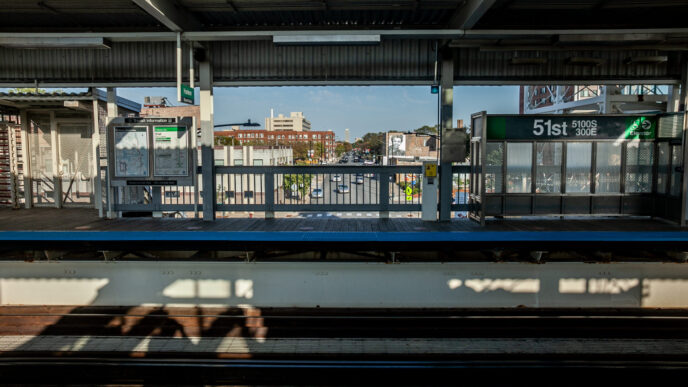
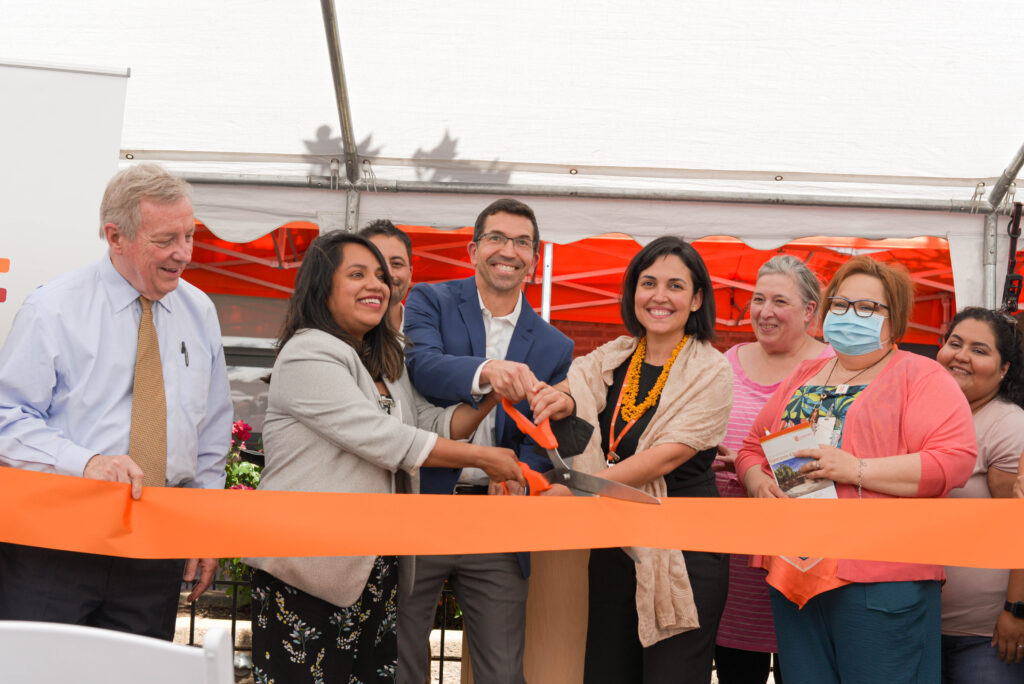
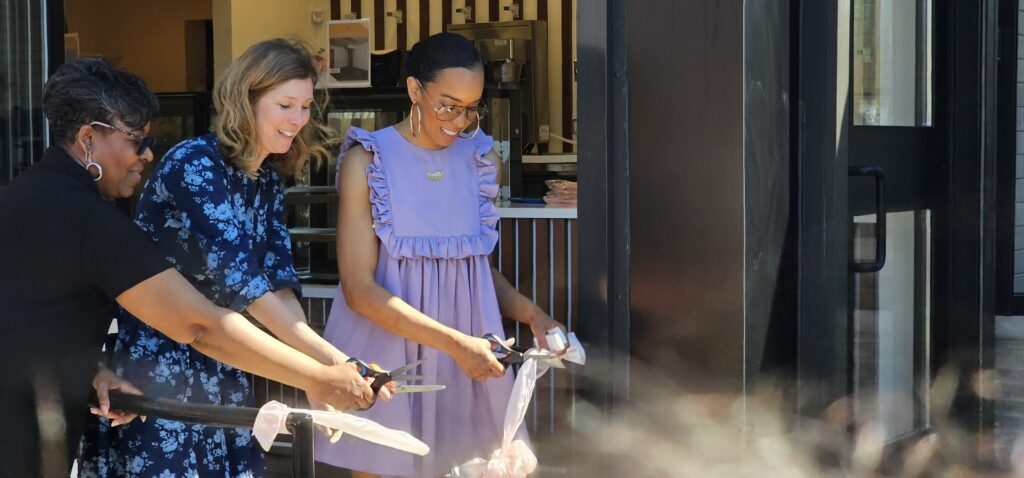

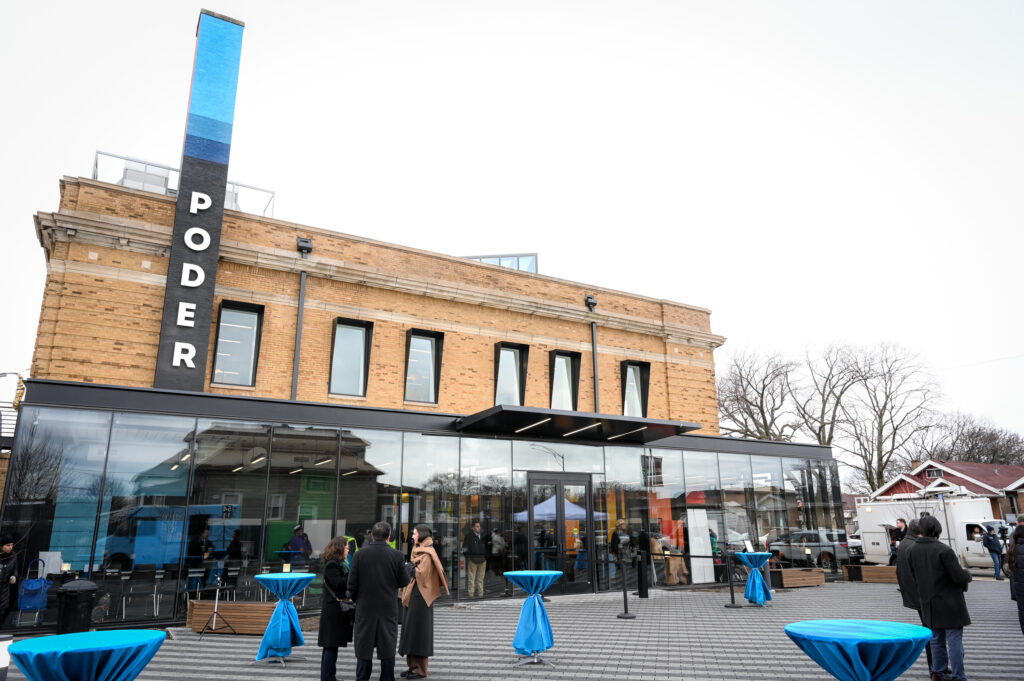
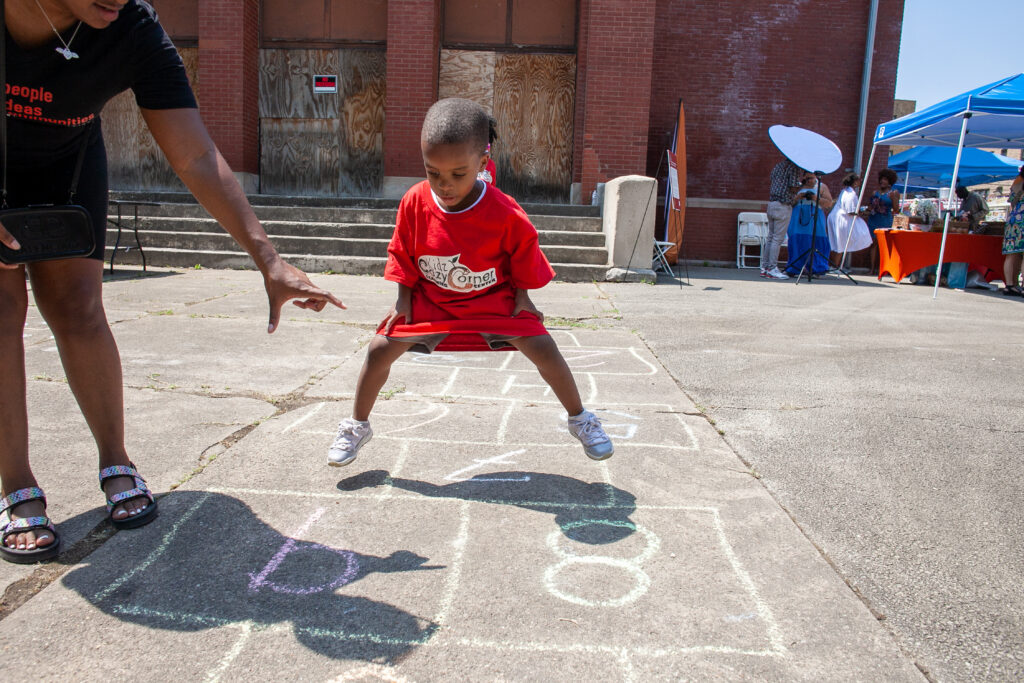

After decades of underinvestment in Chicago’s South and West side neighborhoods, there is a growing recognition that traditional approaches to economic development are insufficient. Community wealth building is gaining traction as an approach to economic development that creates local amenities and promotes shared ownership and control of community assets.
According to data from the Cook County Assessor’s Office, the South and West sides of Cook County have the highest number of vacant and abandoned properties and the lowest average assessment values for those unused pieces of land. One primary reason for this is decades of underinvestment and development in these areas. Underinvested communities often lack amenities and the ability to attract assets such as new homes, small businesses, and anchor developments such as community centers.
There is a wide range of interventions that can be pursued to build community wealth across the Chicago region. The Trust believes we can have the greatest impact by prioritizing funding for community-led initiatives aimed at transforming underinvested communities, preserving residents’ stakes in gentrifying areas, and ensuring assets benefit current and future residents.
For underinvested communities that have faced systemic barriers to development, our goals are to:
Advance pre-conditions for development by: Supporting public sector reforms to improve permitting and approval processes, and innovating on shared ownership model
Advance specific projects by: Investing in predevelopment infrastructure, and making large capital investment
Invest in community-led approaches by: Supporting community-based anchor organizations’ planning and development, and exploring new approaches to community engagement/visioning for development
We are working toward a future when community assets – businesses, land, homes, and commercial real estate – will sustain and increase well-being, cohesion and prosperity in long underinvested communities, ultimately building household wealth and a more thriving Chicago region.
As we move forward, we are committed to learning together, adjusting, and being responsive. We will use insights from our grantmaking and input from our partners to shape our learning journey and approach.
The Trust collaborates with a wide range of external partners, including community organizations, local government, and civic and corporate leaders, on ways we can work together or alongside one another to help increase wealth, opportunities and well-being for every Chicagoan.
The Community Wealth team works closely with the following funder collaboratives housed at or co-led by The Chicago Community Trust:
Whether you are a donor, a community leader, work for a nonprofit, lead a company, or serve as a local government representative, we invite you to join us in increasing opportunities for Chicagoans to build wealth to create a stronger Chicago region.
In this episode of Trust Talks, we discuss We Rise Together’s impact and what’s next, including how the initiative—and donors—can continue to fuel the…
When the Trust committed to working to close the racial and ethnic wealth gap for Chicagoans, we knew we would need robust data…
City environments are made up of buildings, transit stations, streets, parks, and other man-made structures. Also called the “built environment,” these systems shape…
What we believed when We Rise Together: For an Equitable & Just Recovery launched in October 2020 has proven to be true: The…
In this episode of the Trust Talks podcast, we explore the role of planning in neighborhood development, current efforts to increase investment in…
When I was a kid, my parents made it a priority to expose my brother and me to as much of our cultural…
Please contact Christen Wiggins, Senior Director of Community Wealth, at cwiggins@cct.org, or Adele Nandan, Director of Donor Engagement, at anandan@cct.org.



